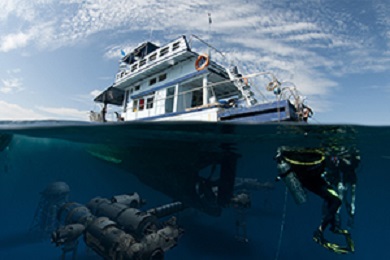Google, BMW, Volvo, and Samsung SDI are the first international companies to have signed up to a World Wildlife Fund (WWF) call for a postponement on deep-sea mining, the WWF said on Wednesday.
In backing the call, the firms commit not to source any kind of minerals from the seabed, to omit such minerals from their supply chains, and not to fund deep seabed mining tasks, the WWF said in a declaration.
Deep-sea mining would certainly extract cobalt, copper, nickel, and manganese – crucial materials frequently made used to make batteries – from potato-sized blemishes which pepper the seafloor at midsts of 4-6 kilometres and are specifically plentiful in the Clarion-Clipperton Area in the North Pacific Ocean, a vast location covering millions of kilometres between Hawaii and Mexico.
“With much of the deep sea ecosystem yet to be checked out and understood, such task would be carelessly short-sighted,” WWF said.
The halt calls for a ban on deep seabed mining tasks until the dangers are completely understood and all alternatives are tired.
BMW said resources from deep-sea mining are “not an option” for the company today since there are insufficient scientific findings to be able to examine the environmental risks.
South Korea’s Samsung SDI said it was the first battery manufacturer to participate in WWF’s effort.


